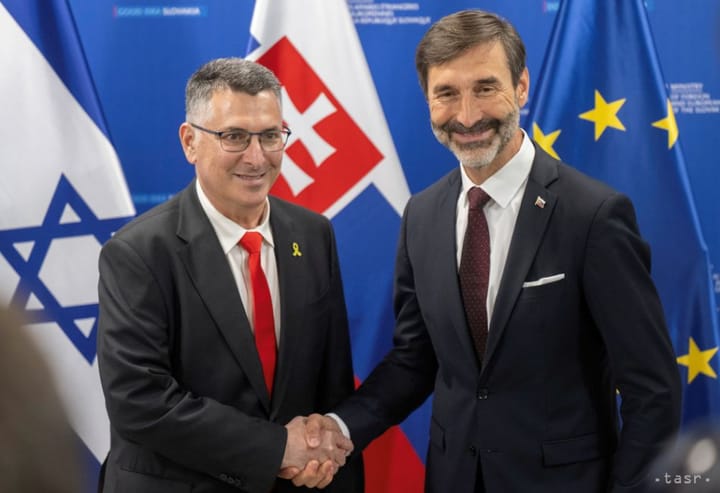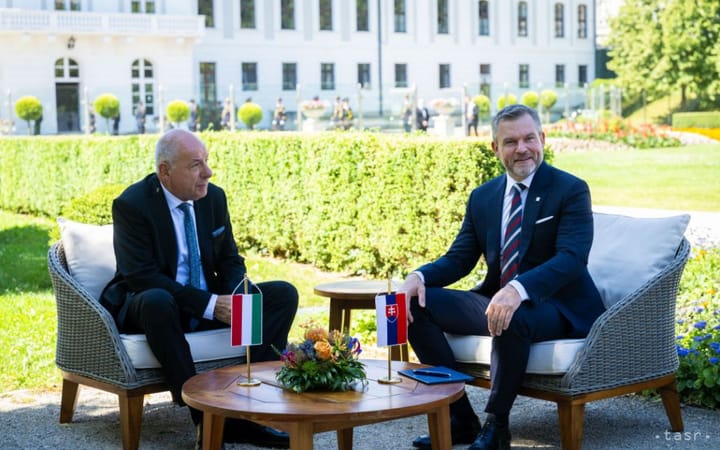Van Rompuy: CoFoE Should Reduce Alienation between EU Citizens and Politicians

Brussels, December 6 (TASR-correspondent) – The Conference on the Future of Europe (CoFoE) should result in EU citizens feeling that they have a greater say in governance, including at the pan-European level, Herman Van Rompuy, the first ever president of the European Council and former prime minister of Belgium, has opined.
Van Rompuy was approached regarding the CoFoE by former Slovak prime minister Mikulas Dzurinda, who’s now the chairman of the Wilfried Martens Centre – a Brussels-based think-tank of the European People’s Party (EPP).
In Van Rompuy’s opinion, the conference began in a state of great ambiguity as to its conduct and purpose. He argued that the CoFoE should move beyond just listening to citizens’ concerns and opinions, which, according to him, is certainly necessary, but more importantly what needs to be ensured is its leadership role in terms of the Euro bloc’s direction in the next few decades.
Van Rompuy pointed out that there is a need for a combination of “bottom-up” and “top-down” politics. “What are our priorities? The pandemic has taught us to shake off taboos such as the obsession with balanced budgets and to consider public goods such as health, climate and education as essential to prevent Europe from becoming too dependent on foreign countries and foreign companies in many areas, including the digital sphere. In all these areas, more Europe is needed, not less. The pandemic should be perceived as a wake-up call in this regard,” he remarked.
When asked whether he agrees that the audit of the functioning of the Union and the future of Europe is in the hands of EU citizens via the CoFoE, Van Rompuy replied that many citizens feel inadequately protected by political leaders from different kinds of threat at all levels of governance. They feel insufficiently protected against unemployment, precarious employment, illegal migration, climate change, terrorism, inequality, corruption, pandemics, foreign invasions, fraud, financial instability or cyber-attacks.
“At the same time, many are not prepared enough to survive in a fiercely competitive world. Education is one way to mitigate this. The EU must do its part to protect them within its current and future powers. Citizens demand political results. They want democracy that delivers results. And they also want more control over the European decision-making process, which is distant from them,” he said.
Van Rompuy went on to remark that EU citizens are alienated from politicians at all levels of government, including the European one. So the question is how to involve citizens more so that they can have a greater impact. For if there is too little “pressure from below”, bureaucratic, party-political or institutional logic will prevail, which in Brussels translates into competition between the European Commission, the EU Council and the European Parliament.
“How should all this be implemented? That is what the Conference on the Future of Europe should be about,” he explained.



